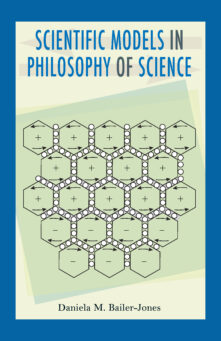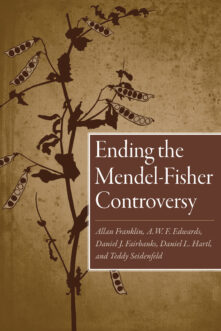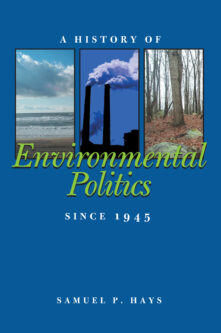Science / General
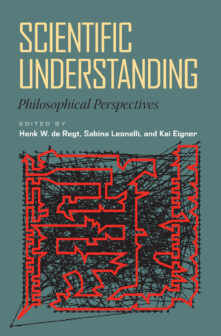

Scientific Understanding
Philosophical Perspectives
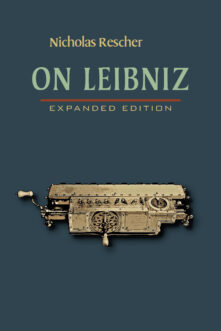

On Leibniz
Expanded Edition
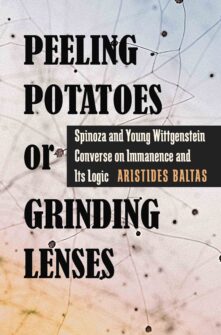

Peeling Potatoes or Grinding Lenses
Spinoza and Young Wittgenstein Converse on Immanence and Its Logic
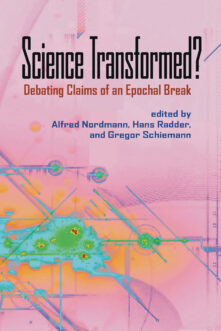

Science Transformed?
Debating Claims of an Epochal Break
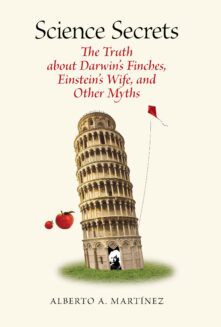

Science Secrets
The Truth about Darwin's Finches, Einstein's Wife, and Other Myths
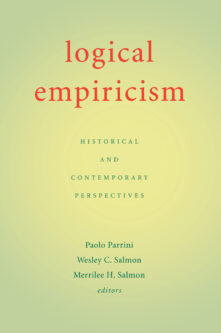

Logical Empiricism
Historical and Contemporary Perspectives
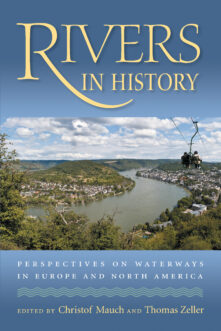

Rivers in History
Perspectives on Waterways in Europe and North America
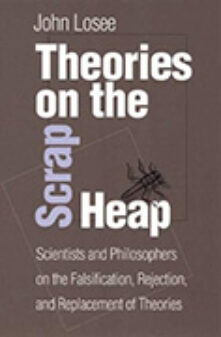

Theories On The Scrap Heap
Scientists and Philosophers on the Falsification, Rejection, and Replacement of Theories
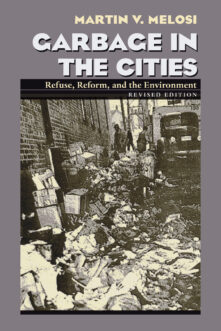

Garbage In The Cities
Refuse Reform and the Environment
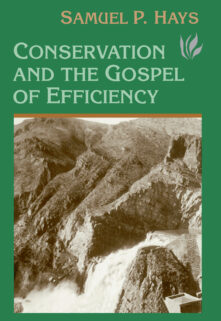

Conservation And The Gospel Of Efficiency
The Progressive Conservation Movement, 1890–1920
Total 58 results found.


